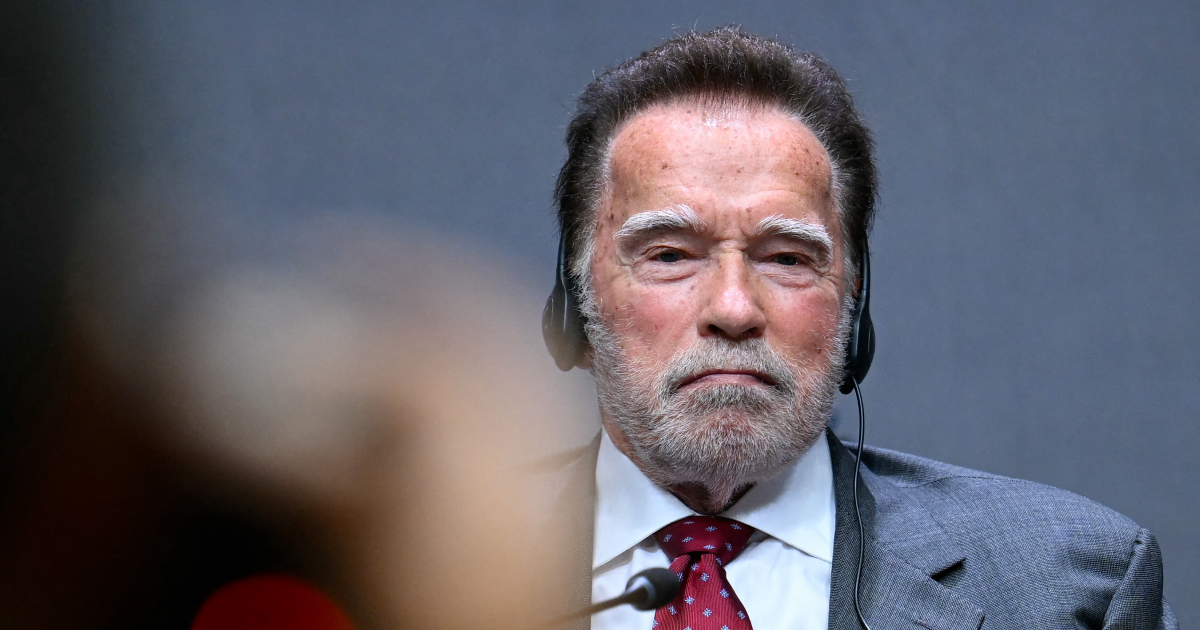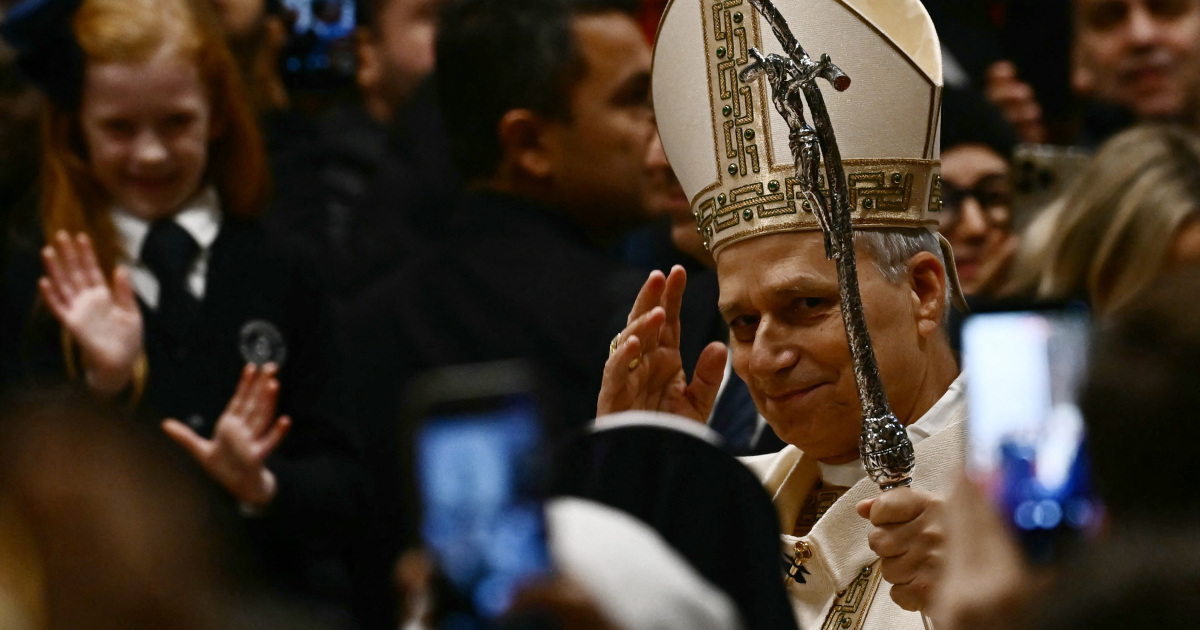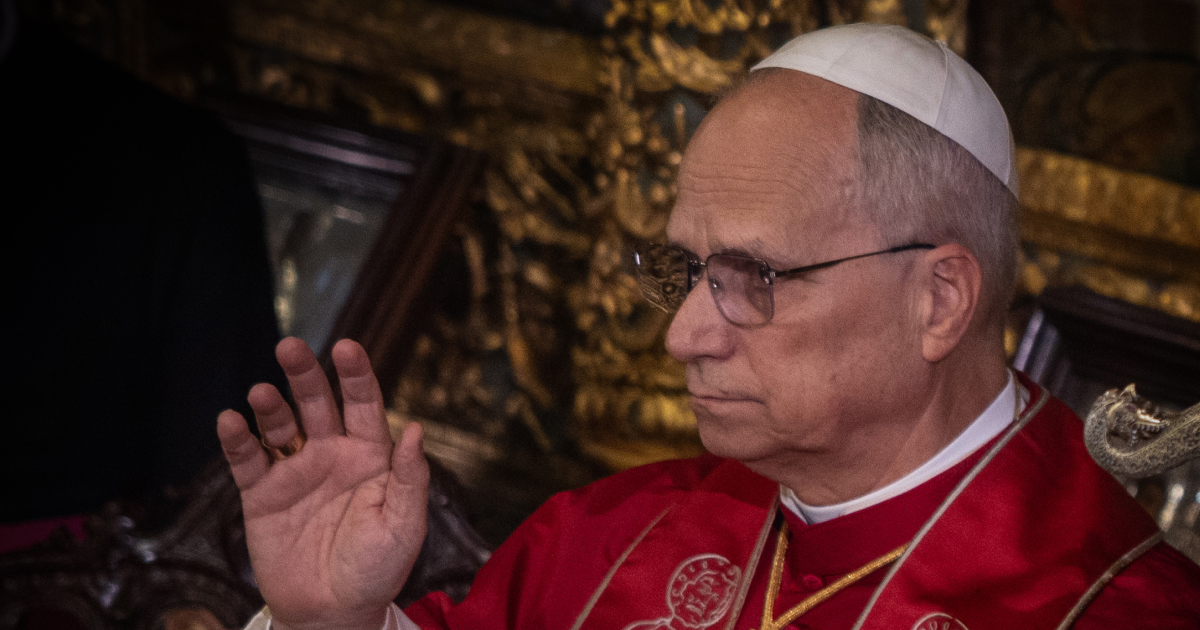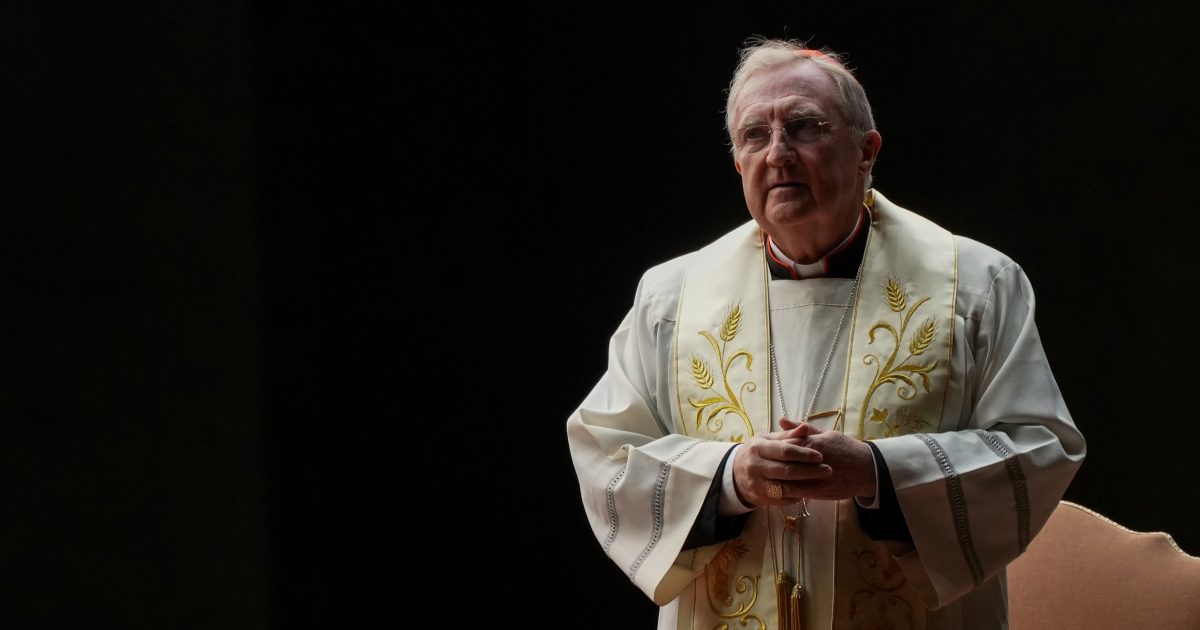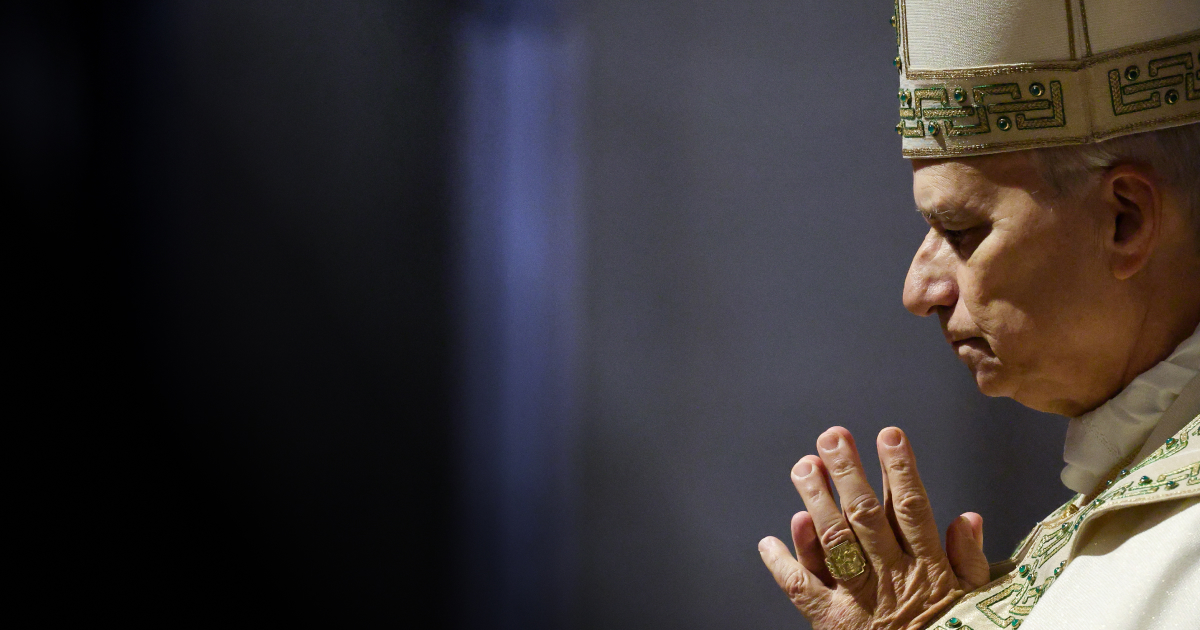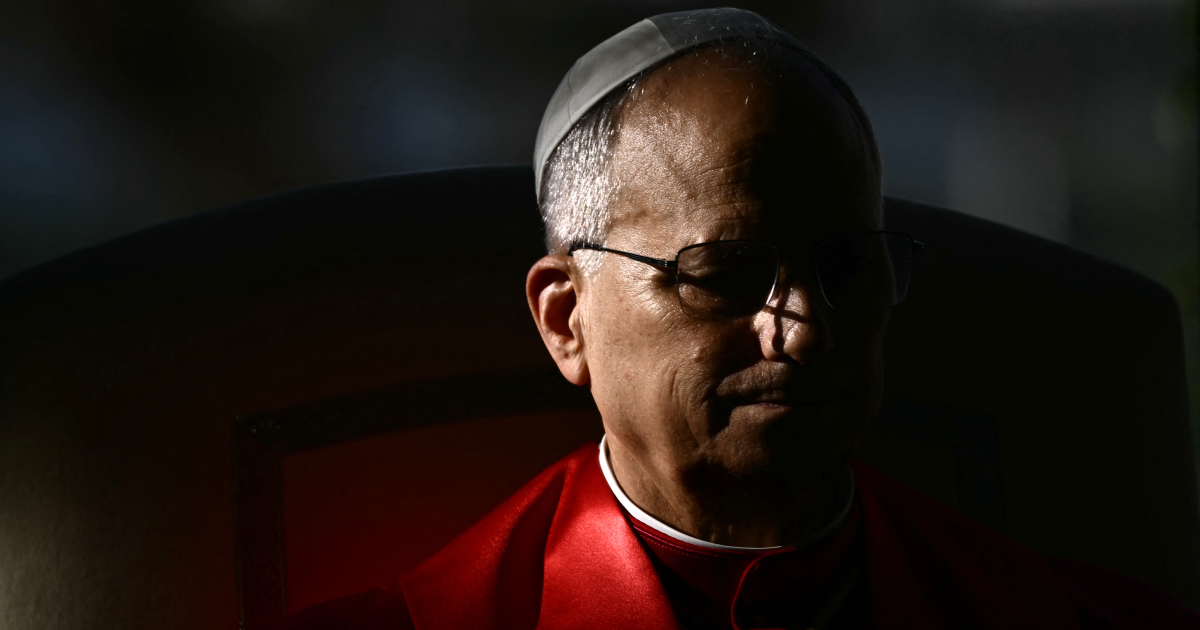Once more the complex relationship England has with the Catholic Church was thrust into the global spotlight at the Vatican this weekend, with Pope Leo XIV’s formal proclamation of St. John Henry Newman as a Doctor of the Church.
If the state visit of King Charles III just days ago was not enough, England has again taken centre stage in the papal calendar this week. As of today, Newman, the much-loved English cardinal of the 1800's, is probably about as far from his Anglican roots as it is possible to be.
Born as an Anglican, ordained into the Church of England, before converting to the Catholic Church and being ordained in Rome, Newman has now not merely been declared a saint, but also been raised to the distinct honour of becoming a Doctor of the Church.
In receiving this title, Newman joins just 37 other men and women whom the popes have thus designated as Doctors of the Church, testifying to the eminent and universal impact of his writings and teachings.
“Newman’s impressive spiritual and cultural stature will surely serve as an inspiration to new generations whose hearts thirst for the infinite, and who, through research and knowledge, are willing to undertake that journey which, as the ancients said, takes us per aspera ad astra, through difficulties to the stars,” Pope Leo XIV said during his homily today.
The English saint’s appeal has indeed spread considerably in recent years, especially among the academic sphere. The very existence of the “Newman Guide” which grades the fidelity of Catholic universities in America is, for instance, one very basic but visible sign of the esteem with which Newman’s name is associated.
There have been many titles about which Newman scholars have long debated, should he be raised to the honour he has received today. Some focused on his teaching on conscience, others arguing he should be a Doctor due to his writings on the role of an informed laity, and others still suggesting it was merited due to his work on doctrine.
But for Leo, the title should be linked to Newman’s immense impact on the world of education. It is for this reason he has named the saint to be co-patron of the Church’s education work along with St. Thomas Aquinas. Referencing Newman’s famous hymn “Lead kindly light", Leo highlighted the reasoning for his decision:
“The task of education is precisely to offer this Kindly Light to those who might otherwise remain imprisoned by the particularly insidious shadows of pessimism and fear. For this reason, I would like to say to you: let us disarm the false reasons for resignation and powerlessness, and let us share the great reasons for hope in today’s world.”
For Newman, the importance of truth was paramount, says Fr. George Bowen, the Oratorian father who has served as the postulator for Newman to be declared a Doctor of the Church.
The English cardinal was “almost prophetic”, he explained, in highlighting the importance of teaching the existence of real truth, and then educating the laity to find their way to this Truth. As Bowen pointed out to journalists this week, although Leo did not cite Newman in his recent apostolic exhortation Dilexi te, the text was awash with Newman’s theological style and motto of “Cor ad cor loquitur" ("Heart speaks to heart").
“From a Christian perspective,” declared the Pope today, “education helps everyone to become saints.”
This fundamental aspect at the centre of human life was well known to Newman. It is expressed most beautifully in the passage also quoted by Leo today, in which Newman reveals the meaning and purpose of man’s life is found only in God:
“God has created me to do Him some definite service; He has committed some work to me which He has not committed to another. I have my mission – I never may know it in this life, but I shall be told it in the next” (Meditations and Devotions, III, I, 2).
Such lines, said Leo, present “the mystery of the dignity of every human person, and also the variety of gifts distributed by God".
But what of Newman now, and especially for English Christians?
At the time, Newman’s conversion sent shockwaves through the Anglican Church though it eventually helped shift public opinion from the greatly anti-Catholic stance which it had previously been.
The vitriol initially directed at Newman for his conversion is readily seen in the discourse between the cardinal and the Anglican clergyman Charles Kingsley. Newman saw Kingsley’s attack on him as an assault on the Catholic Church’s very teachings, on the virtues of Her members and on the person of the Pope himself.
Over a century later, Newman remains increasingly influential in the Anglosphere and for the Catholic Church, while the old opposition to the Catholic Church has abated and even turned into ecumenical gestures of friendship.
While the saint is rightly revered and honoured by Catholics, there still remains also a heavy claim upon him by those in the Church of England and despite his conversion that appeared for so long as a sore spot for many Anglicans.
Now they appear eager to join Rome in praising the English cardinal, whilst emphasising his Anglican heritage.
As arguably the most high profile convert to Catholicism from the Church of England, Newman’s legacy would always be a difficult topic to manage in a land where Anglicanism is so intrinsic to the very functioning of the nation.
That is all the more reason why – particularly in his native England – Newman should never be allowed to pass into insignificance, rather serve as a guiding light for Catholics and Anglicans on how to live and practice the Faith.
Asked about Newman’s legacy today, respected Vaticanist Edward Pentin told the Herald that “one of St John Henry Newman’s most significant contributions was to help people come to the one true faith through reason, faith and tradition".
He added: “At a time when England has in many ways become a spiritual wasteland, today’s proclamation – along with a revival of the Catholic faith rooted in tradition among the young – is being quite widely seen as another hopeful sign of the eventual reconversion of the country and a return to her Catholic roots."
Indeed, Newman’s writings point to God, outlining a path to the Divine out of the darkness of an unsatisfactory worldly existence. The lessons for today are not hard to see: upon every advancement in technology, alongside a culture built around instant gratification, society plunges further into the darkness which Newman already saw around him in the 1800’s.
But “Lead kindly light, amid the encircling gloom, lead Thou me on” was his refrain – and so too it can be the refrain of Catholics today.
Newman was ever the Englishman, and also a Catholic. He showed that being Catholic could be aligned with being English. But more importantly he also taught that it is by following this light through the gloom of life’s trials and sins, that one finds the true, heavenly home.
Commenting on this aspect, Father Lawrence Lew O.P. today said in a homily that “these days of November, call us to remember our true homeland. For we can become too at home in this life. Yet Christ and his Saints call us to remember, in our pain and struggles now, that this lifetime is a period of exile, as we make our sojourn towards heaven.”
On this feast of All Saints, Newman’s call for each one of us to remember the true meaning of life on earth is very apt. “Holiness,” noted Leo XIV, “is intended for everyone, without exception, as a personal and communal journey marked out by the Beatitudes.”
So like the newest Doctor of the Church, Catholics across the globe can also say with firm belief in the words of Newman that, “God has created me to do Him some definite service; He has committed some work to me which He has not committed to another. I have my mission – I never may know it in this life, but I shall be told it in the next.”
Michael Haynes is a self-employed English journalist and part of the Holy See Press Corps. You can follow him on X, or at his website Per Mariam.





.jpg)


